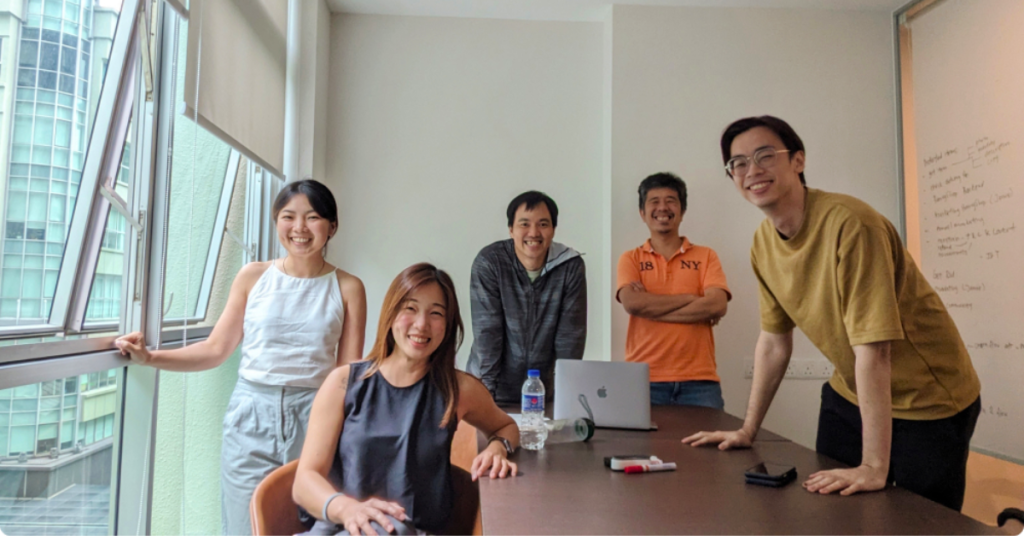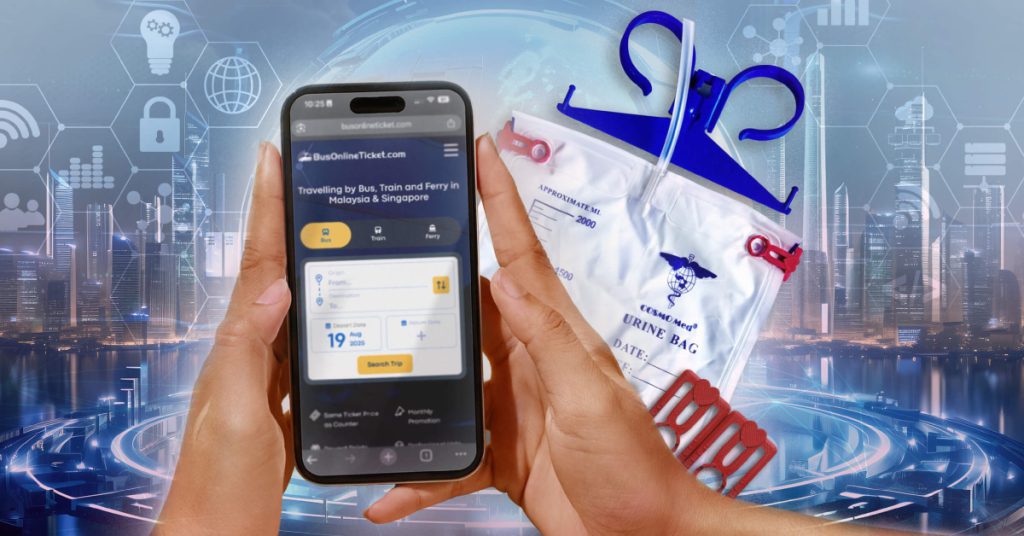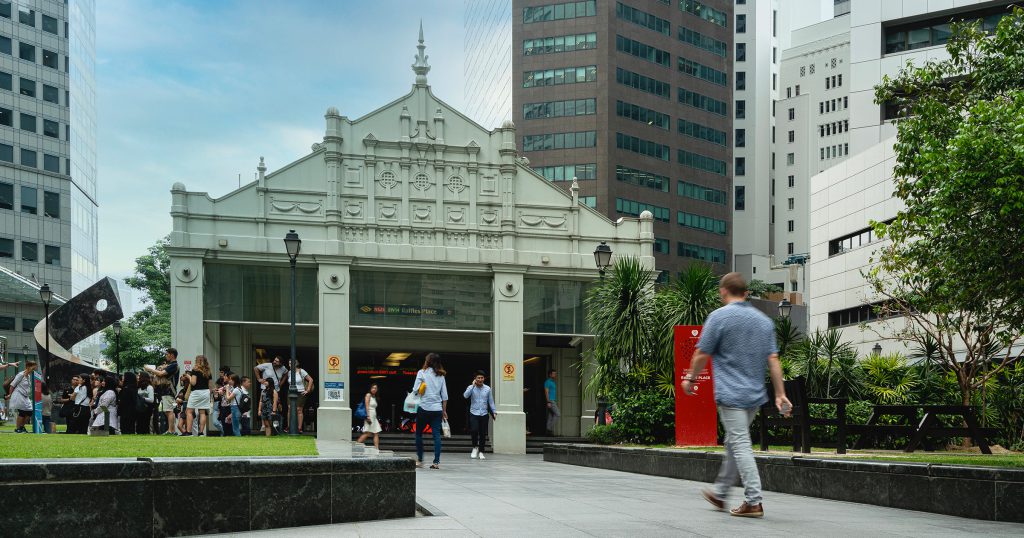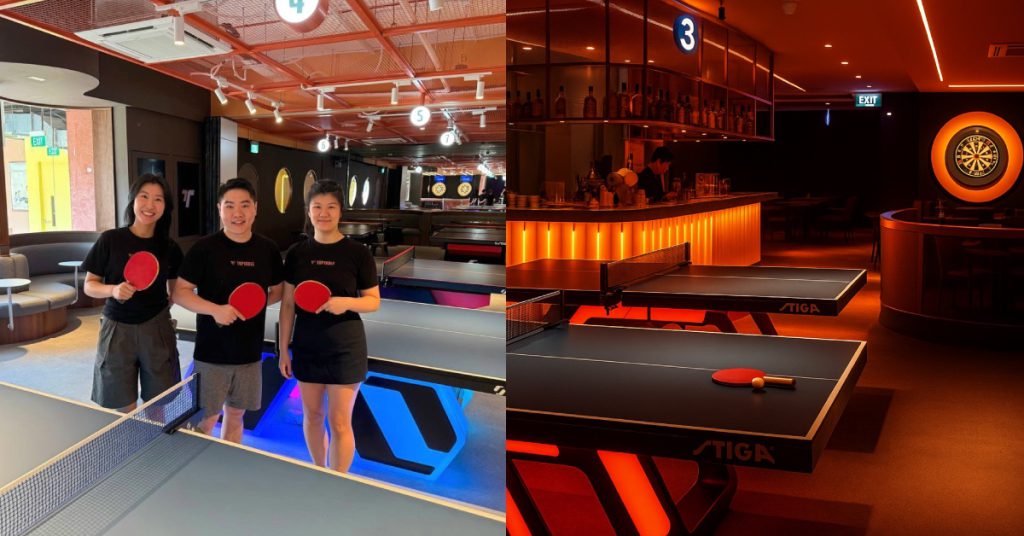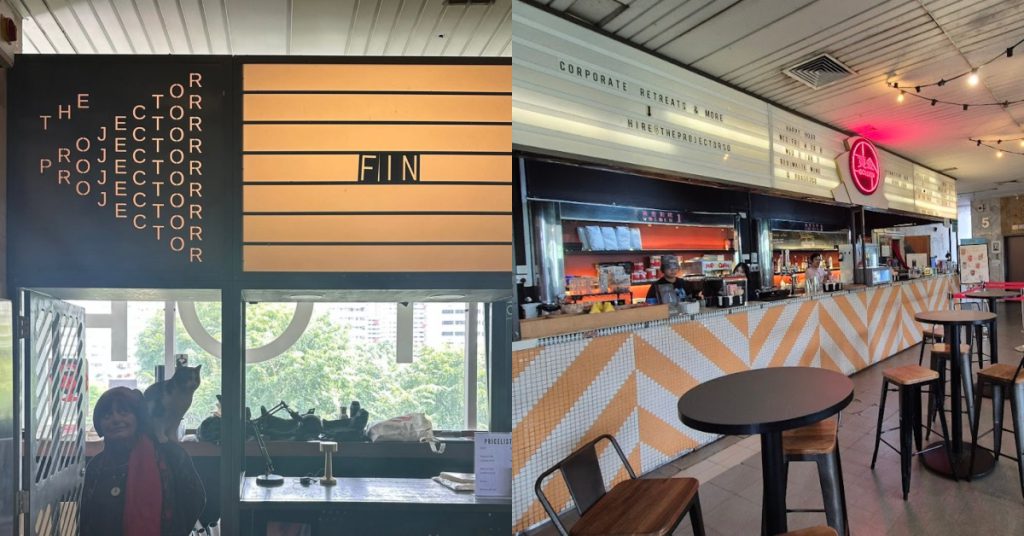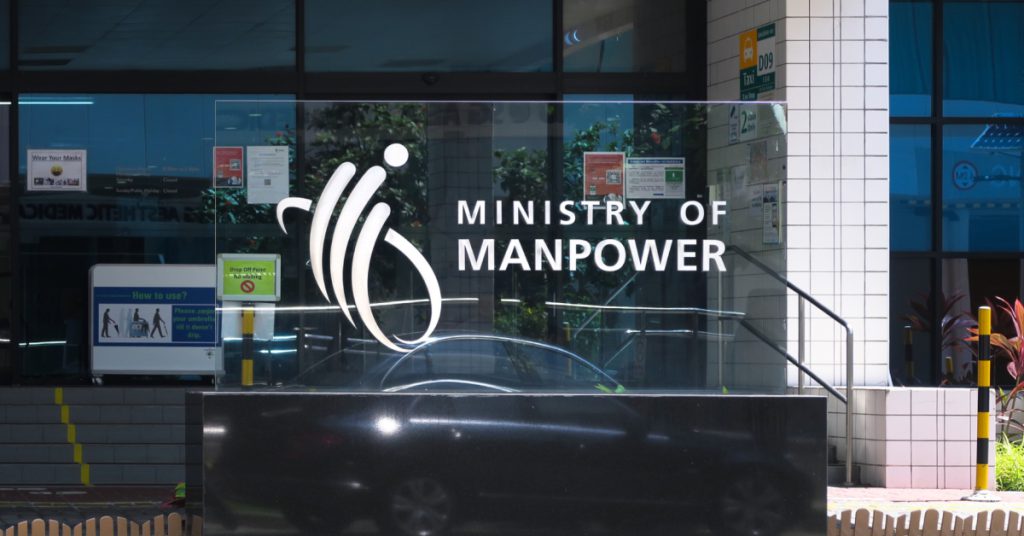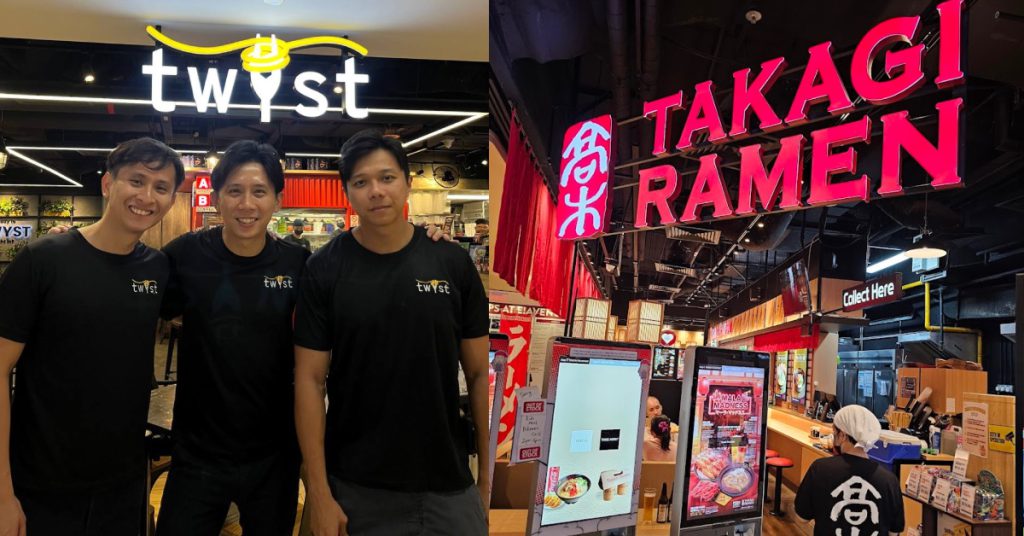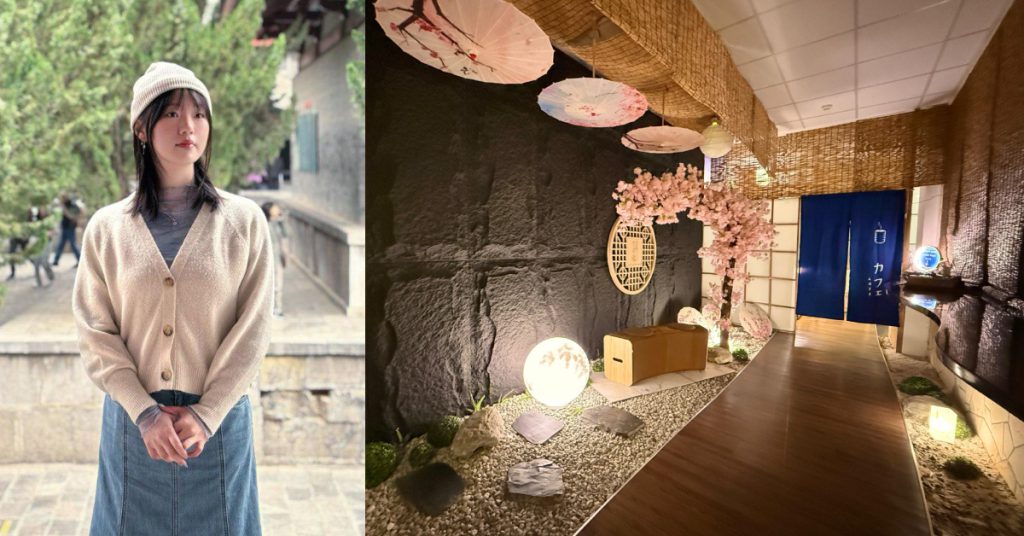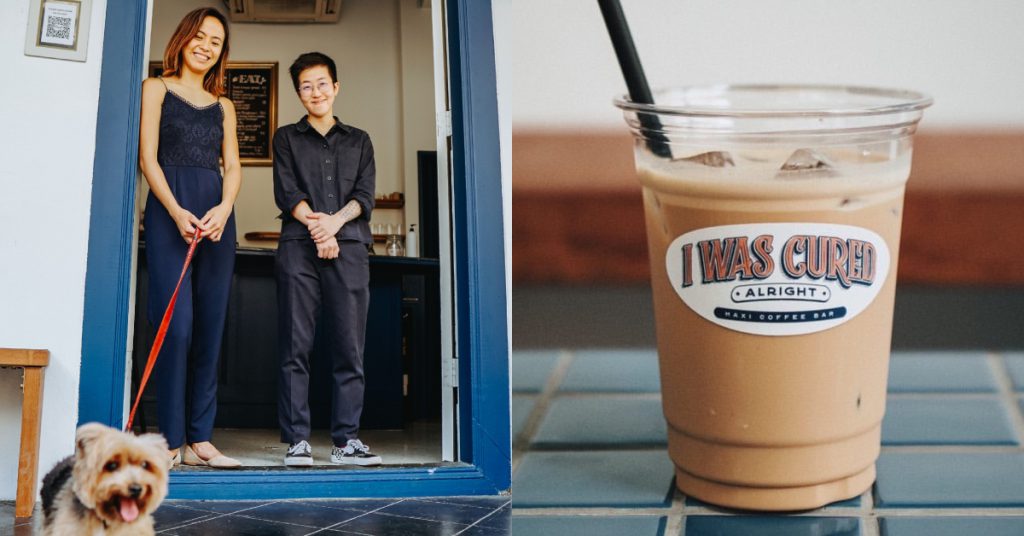If you’ve ever had to shop for furniture, you’ll know that a nicely furnished space does not come easy nor cheap.
Of course, if you’re resourceful, you’ll know that there are avenues such as secondhand stores or Facebook Marketplace where you might find a good deal if you’re lucky.
With a background in software engineering, Wynne is someone who’s trying to offer another option for Malaysians.
So, she and her team built a site called called Barnything to help people who can’t afford expensive things, while offering an opportunity to reduce waste.
“When I was living overseas, I tried to get rid of my items by throwing a garage sale before moving from one place to another,” the founder shared. “The neighbourhood came running to purchase used items.”
She thought items such as her rice cooker and portable heater would be super popular, but it ended up being her scarf and winter socks that were the most popular items.
“That’s something I never expected. It made me realise that just because you don’t need something doesn’t mean others won’t need it,” she mused. “A man’s trash could literally be another’s treasure.”
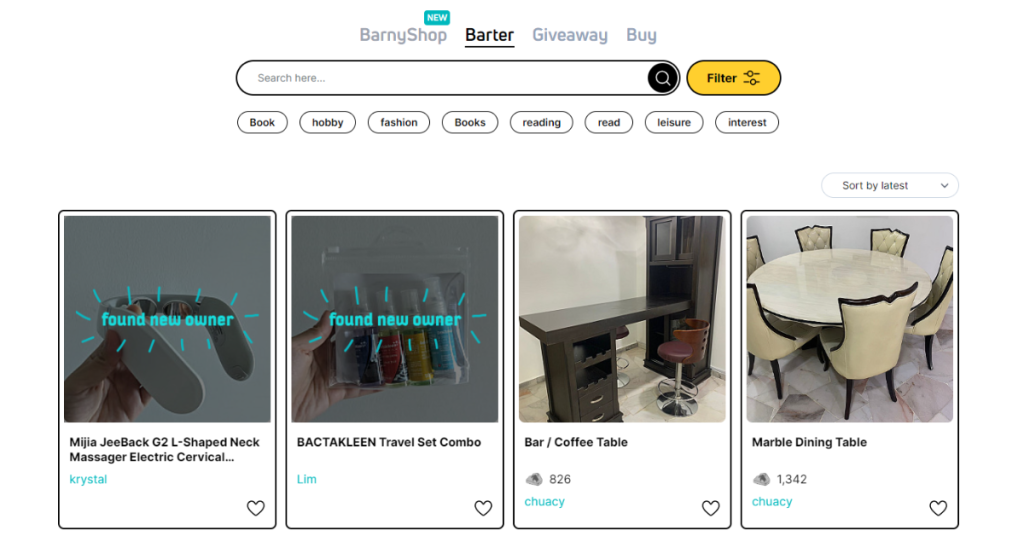
Right before leaving, Wynne used a bartering method to get rid of the remaining stuff. She asked the community to help pack her items, and in return, they could take her leftover beers and food. It was a win-win situation.
That’s when she got to thinking—why doesn’t Malaysia have such a culture?
“Is it because we don’t have the opportunity?” she wondered. “We don’t trust each other? Or because we don’t have a platform for bartering?”
And so, that’s what Barnything set out to do.
Barter anything
While Wynne had the idea, it was her team who took action. After hearing about her idea, they built a minimal site, and signed her up on a Chinese crowdfunding platform without even letting her know.
“They thought it could be fun and a way to validate the idea with all the judges,” Wynne explained. “The judges were CEOs and management from multiple famous brands.”
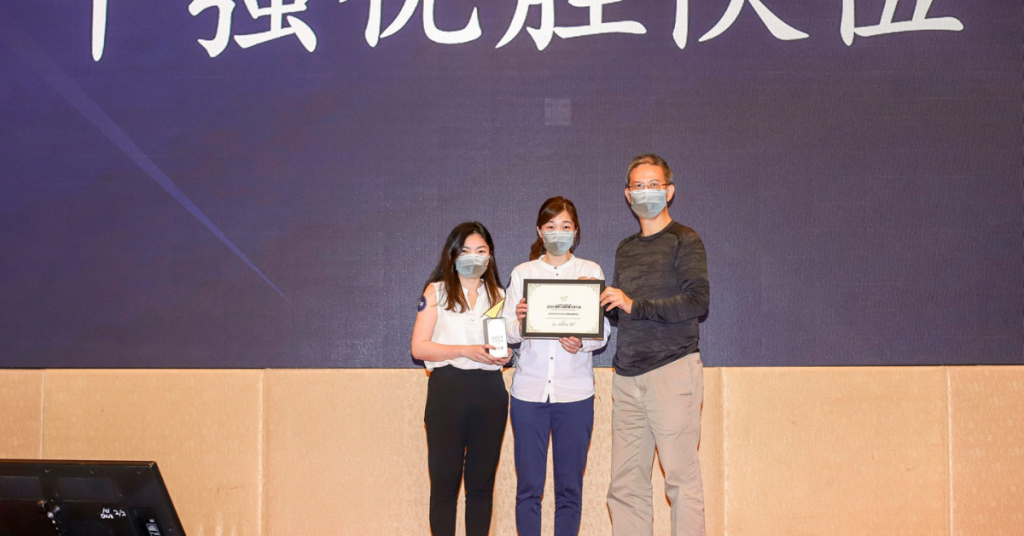
Barnything ended up being in the top ten finalists and received the most popular award for it. Through the crowdfunding competition, they gained 1,000 followers overnight.
It was market validation in a sense, even though they weren’t completely sure if there was a market or demand for bartering.
“We built it because we could, and we continued building it,” she admitted. “We just thought that if there’s Lazada and Shopee, and if there’s Carousell, there would be no harm in having Barnything.”
In short, Barnything is a platform where people can buy, sell, and barter. Users can upload anything they want—except for items that will expire, livestock, and anything illegal.
Users can buy Brock (Barnything’s currency) to purchase items, which makes transactions more secure.
Once they have received the items, Barnything will release the payment to the seller. This way, users don’t have to worry about not receiving their items.
Refurbishing the business
When you visit Barnything’s website nowadays, though, you’ll see that a huge part of the business is furniture, even though it’s designed for people to barter just about anything.
Explaining this, Wynne shared, “One day, CUURA Space, a well-known furniture company, approached us and expressed their desire to sell their defective furniture on our platform as a gesture to support sustainability.”
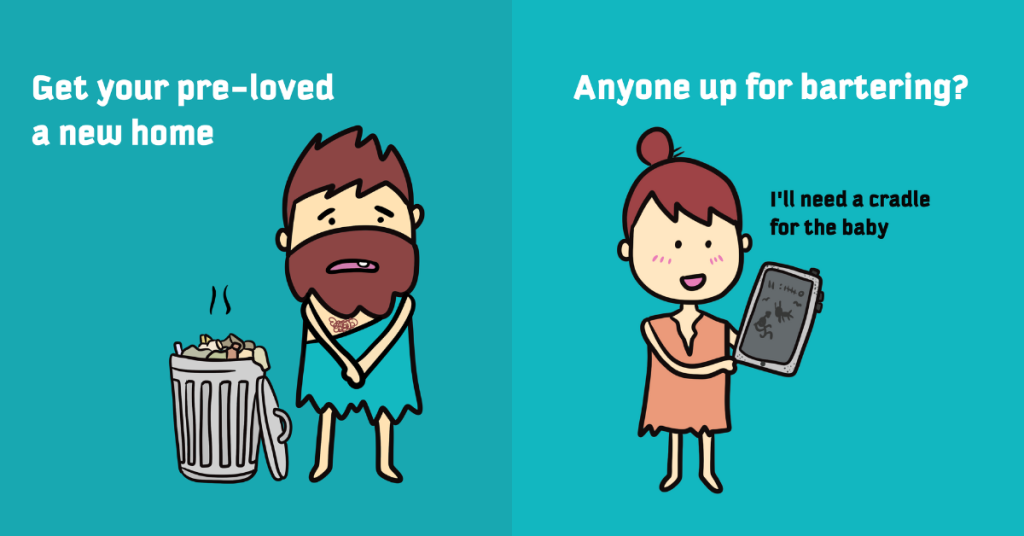
After learning that furniture is one of the biggest sources of waste in the manufacturing scene, the team quickly agreed and brought them on board.
They added a new feature called Barnyshop that allows furniture companies to provide furniture that are defective or that they no longer want.
Some vendors give them the furniture for free, and they just have to bear the shipping fees. Some vendors will sell the pieces at cost price, while others offer discounts.
“The best part is that the furniture vendors give us has only minor defects,” Wynne added. “The pieces are functional; maybe a string is out of place, or there’s a small, barely visible dent. You can buy these items at up to a 50% discount.”
For now, the Barnyting team will be focusing on building and growing Barnyshop. It appears that it is this arm of the business that is more active and successful thus far.
“We didn’t have enough traction for barter and secondhand, mostly just 800 to 100 users,” Wynne admitted.
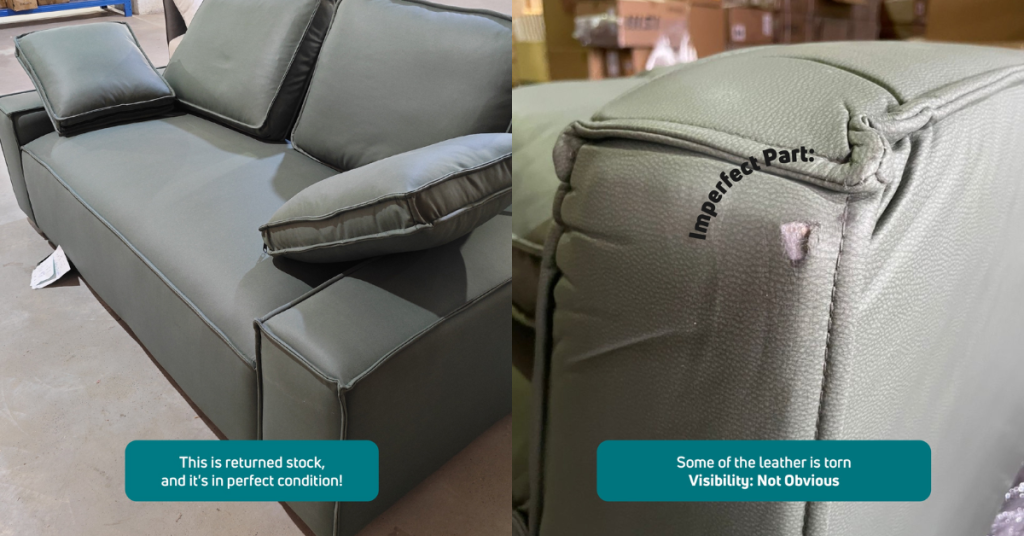
Meanwhile, even though Barnyshop just kickstarted this year, they already have over 3,000 users.
Since launching Barnyshop, they have sold over 100 pieces of furniture, and launched 40 cases of their “Get Rid Campaigns” whereby Barnything can collect unwanted furniture and send them to charity for a RM200 fee.
Working with the community
The first time I came across Barnything was actually in a furniture store. There was a table with a Barnything display, showcasing a QR code.
“That QR is actually the link to our platform,” Wynne told me. “We don’t have our own warehouse or showroom. For now, we just display some furniture in different stores with our branding on it, which indicates that [the store] is part of the sustainable movement.”
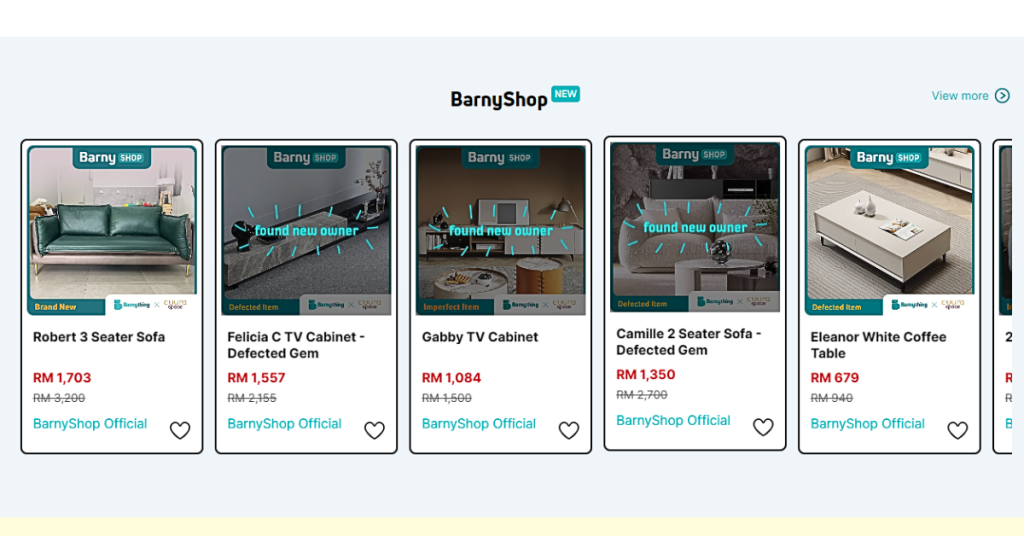
For Barnyshop, the team will also “tumpang” furniture businesses’ warehouses and promise to sell the defected products in three months or so. Otherwise, Barnything would take the furniture back and store it in their own office.
“So far, we have collected a few furniture and plan to turn our office into a mini showroom,” Wynne added. “Just to showcase the defect aren’t really bad.”
Growth, bar none
Emboldened by the community, the team has quite the roadmap up ahead.
Starting with more collaborations with influencers and platform improvements, Barnything aims to onboard more vendors for wider product variety.
In the longer term, the company aims to expand their platform to carry more items such as lighting, electrical appliances, and more. This will help in their plan to diversify their revenue stream.
These efforts are currently supported by Barnything’s team of nine, though the startup does plan to slowly expand. The founder also revealed that the company has raised RM1 million in funding since 2023, funded by a software and consultancy provider based in KL.
With this, the ambition is to expand geographically, becoming a leading platform when it comes to sustainable living in not just Malaysia, but also beyond.
Featured Image Credit: Barnything



